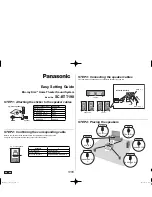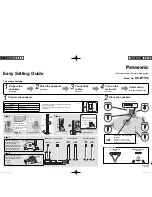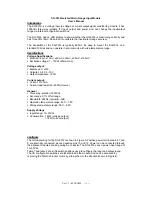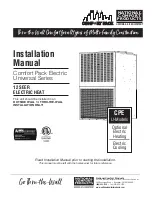
EcoSolar Energy Conscious Design Limited
42
the water pressure and the temperature, for the water to boil and lead to cavitation which can
damage the pump.
Expansion vessels
Expansion vessels will have maximum temperatures that should not be exceeded, this can often be
managed with correct location of the expansion vessel. The sizing of expansion vessels is critical for
the reliability of the system.
Propylene Glycol
Heat leads to the premature break down of propylene glycol in to various acids. In systems that
experience excessive temperatures, glycols have been found to break down and become concerningly
acidic after just one Summer.
The factors leading to overheating of the solar systems are generally, poor system design and
insufficient hot water draw off. The following issues need to be managed to prevent overheating;
System design and overheating
The collector area should be sized for the expected hot water draw off, excessive collector area will
provide too much heat in to the system and lead to overheating unless correctly managed. Many
installations will experience intermittent hot water draw off such as, baches or commercial
installations and / or are sized to heat several end uses, such as domestic hot water, swimming pools
and under floor heating.
There are several ways of managing the excess heat to limit the effects of overheating, these are
outlined below;
Heat dumping
Once the hot water cylinder or other hot water demands are up to temperature, excess heat is
supplied to a circuit that is able to safely dump this excess heat. This can be completed automatically
with a solar controller such as the one shown below in Figure 1. This controller is able to prioritise
heat to the domestic hot water cylinder and another hot water demand such as a swimming pool and
then automatically control the system to discharge excess heat to the heat dump circuit. Once the hot
water cylinder temperature reduces or there is another heating demand, the solar heated water is
redirected back to the hot water cylinder or other heating demand until again satisfied.
















































